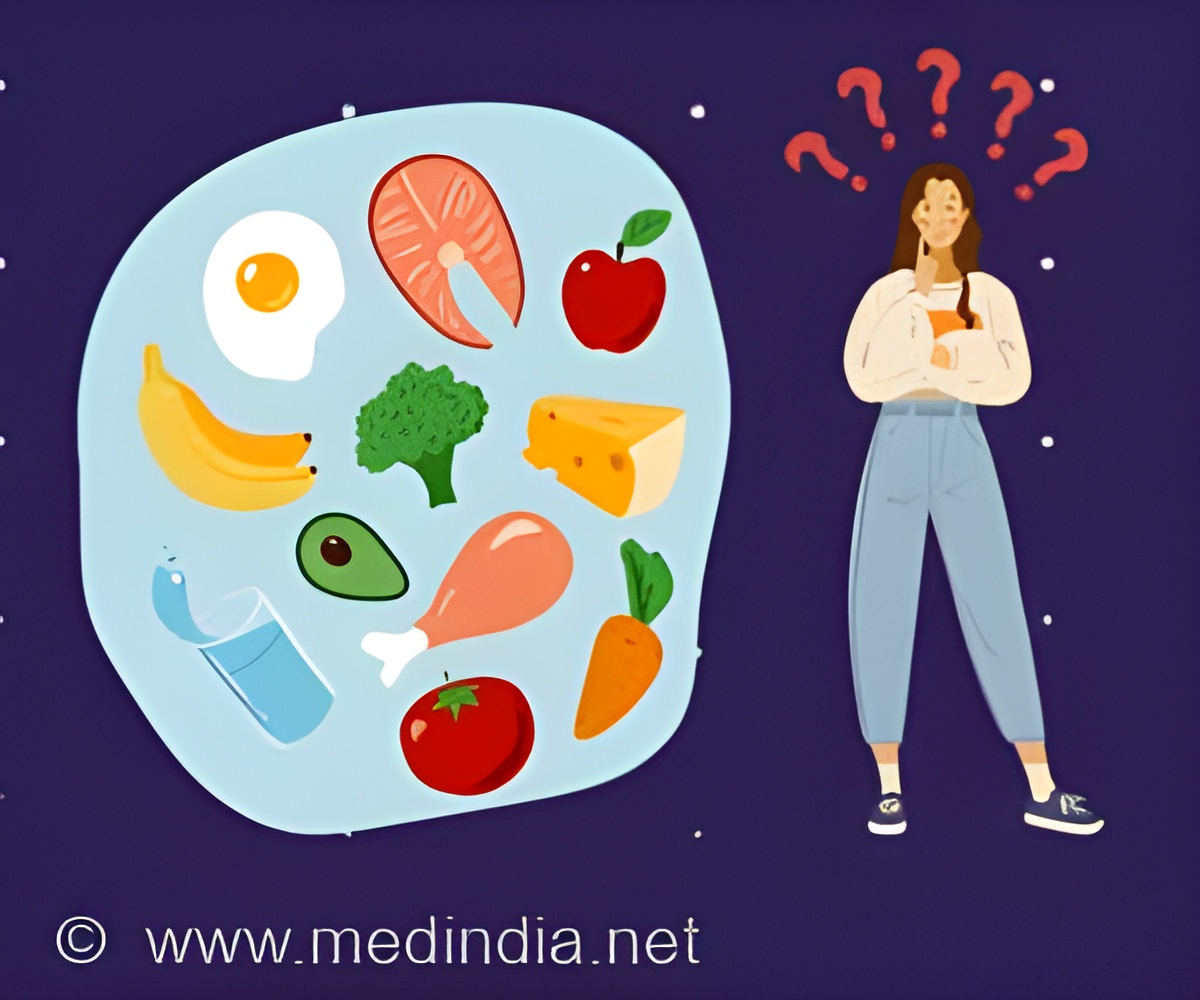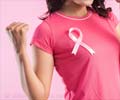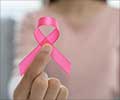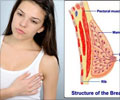Many women lack knowledge about how diet affects breast cancer risk. Experts urge the need for better education on dietary prevention strategies.

Fewer Than 3 of 10 Women Cite Diet When Asked How to Reduce Chances of Breast Cancer
Go to source). According to a recent Physicians Committee for Responsible Medicine/Morning Consult survey, 2,017 women were interviewed for the poll between July 25, 2024, and July 28, 2024.
‘Eat plant-based food, stay active, limit alcohol, and keep a healthy weight to reduce breast cancer risk. #breastcancer #women #diet #medindia’





In response to a follow-up question concerning whether particular foods would lower the risk of breast cancer, 23% and 16% of respondents cited vegetables and fruits. Just 17% of respondents knew that soy products lower the risk of breast cancer, whereas 16% falsely claimed that soy raises the risk of breast cancer.The results indicate less awareness of preventive knowledge in recent decades. In a telephone survey conducted in 1995 with 510 women, 23% of the participants mentioned food as a means to lower the risk of breast cancer. These factors included eating less meat or fat and more vegetables, fruit, fiber, and vegetarian meals.
Survey Reveals Lack of Awareness About Diet and Breast Cancer Risk
Dr. Kristi Funk, a breast cancer surgeon and leading prevention expert from Los Angeles, said, “It’s clear that millions of women have yet to hear the lifesaving message that what they eat and drink strongly influences their chances of developing breast cancer. Science shows nearly 50% of cases are preventable through diet and lifestyle, at least in theory, and in my opinion, 80 to 90% of cases could be avoided.”Neal Barnard, MD, president of the Physicians Committee for Responsible Medicine, said, “Public education programs on breast cancer have focused on mammograms, which play a vital role but are not enough. It is essential to empower people with steps they can take to protect themselves, and a healthy diet is at the top of the list.”
Results of the new survey also show:
- When asked about specific categories that may increase the risk of developing cancer, women were most likely to cite being overweight and high consumption of processed meats. But just 24% said they are aware that high consumption of dairy products increases the risk. Research funded by the National Cancer Institute, the National Institutes of Health, and the World Cancer Research Fund, found that women who consumed 1/4 to 1/3 cup of cow’s milk per day had a 30% increased chance of developing breast cancer. One cup per day increased the risk by 50%, and 2 to 3 cups were associated with an 80% increased chance of developing breast cancer.
- Nearly three-quarters (72%) of respondents said they have never received information or education about the link between nutrition and breast cancer from a healthcare professional.
Physicians Committee Recommendation to Prevent Breast Cancer
The Physicians Committee, a national nonprofit health advocacy group of more than 17,000 doctors, recommends a four-pronged approach to preventing breast cancer: Eat a whole food, plant-based diet, exercise regularly, limit alcohol, and maintain a healthy weight.Advertisement
Reference:
- Fewer Than 3 of 10 Women Cite Diet When Asked How to Reduce Chances of Breast Cancer - (https://www.pcrm.org/news/news-releases/fewer-3-10-women-cite-diet-when-asked-how-reduce-chances-breast cancer#:~:text=Stephanie%20McBurnett%2C%20a%20registered%20dietitian,beneficial%20for%20breast%20cancer%20survivors.%E2%80%9D)
Advertisement















